
28 Jan Going Solar in 2022
What You Need to Know about Going Solar in 2022
It’s a new year, which means incentives are changing and technology is improving. Going solar in 2022 consists of incredible incentives, long-term savings, and highly efficient, cutting edge technology. We’re here to give you the scoop on the future of solar and why this is the year to get it!
Solar Panels

The price of solar panels has dropped drastically over the years * (fact here). Now we are seeing panels become more and more efficient. We only offer Tier One products, which are the highest quality with trusted brands. Now, we only offer monocrystaline panels for residential installations which are higher quality and more efficient than the original polycrystaline panels. This year, panels have been improving so greatly that old modules have been phased out by the higher efficiency ones. Last year our lowest efficiency panel was 340 Watts, but in 2022 our base panel starts at 380 watts. This means you can produce more power on your roof, without needing more space or panels. This is great for those with smaller or more complex roofs, when space is limited the power output doesn’t have to be. Efficiency only goes up from there, with our residential solar panels reaching 435 watts and our commercial panels hitting 480 watts.
Storage
The industry has been making leaps in technological advancement for solar storage. Newer batteries now have more capacity – which is the ability to hold and discharge more electricity when needed – than their predecessors. Batteries are not the only storage associated with solar though, as companies like Generac are offering the capability to switch to a generator that can recharge the battery when the sun isn’t available for the panels. With more options out there, batteries are coming down in price while increasing in capacity, making them an even more viable option for your home or business in 2022.
Incentives
Federal Investment Tax Credit (ITC)
The Federal Investment Tax Credit for solar has been extended and will remain at 26% this year. However, next year the incentive is set to decrease to 22%. This means this year you could claim 4% more on your solar installation on your taxes than if you wait until 2023.
Massachusetts
State Tax Credit
In addition to the Federal Tax Credit, Massachusetts residents and businesses can benefit from a State Tax Credit towards their solar installation. The Commonwealth is offering up to $1,000 on solar installations in the state.
SMART Program
The SMART Program is an incentive that pays Massachusetts residents and businesses to go solar. The program’s funds were running low, and some territories were running out of funds all together. Thankfully, the capacity has doubled for the SMART Program in 2022. This means the program can continue to offer a monetary incentive that reduces the cost of going solar in The Commonwealth, allowing residents and businesses to receive checks for 10 years for the solar energy they produce. These SMART payments vary by territory and utility, but the average participant can receive around $600 in incentive payments a year. The SMART Program offers additional benefits to low-income property owners, solar arrays paired with battery storage, and solar projects on farmland that provides enough space underneath the array for crops or livestock.
Class I RECs
You can opt to sell your RECs which are Renewable Energy Credits for as long as 20 years. Class I RECs are a great opportunity for Massachusetts and New Hampshire customers. The value of RECs will fluctuate as their value is tied to the market demand but recently solar owners have seen an average of $200 to $300 per year from sold RECs.
ConnectedSolutions
The ConnectedSolutions Program is a financial incentive for batteries installed with a solar array, on an existing solar array, or a stand alone battery storage system installed in Massachusetts. ‘Depending on the size and design of your home storage system, this 5 year incentive could be worth between $1200 – $2000 a year. This program is applicable for National Grid, Eversource, and Cape Light Electric customers. This program is funded by Mass Save and is beneficial as it pays individuals for the state to discharge their battery a specified amount a year to reduce electricity peaks in the state. Through the program, Mass Save can access your battery at most 60 times during the summer and 5 times throughout the winter. They will only access the battery for a maximum of 3 hours. For more information on the specifics of the program you can head to the mass save website. This program reduces the overall cost of battery storage to make it a more viable option for your solar installation.
Net Metering
Massachusetts is continuing its commitment to Net Metering. This on-bill credit is an accruing dollar amount that will never expire. Customers will draw against this credit at night, or whenever the solar array is not producing enough power to meet the on-site load of the building. Net metering credits will be used before ever needing to pay the utility for more kWh of electricity. Virtual net metering is an option as well, where a second or third account in the same utility can be offset with the same solar array. For example, if you have solar on your home you may be able to apply the net metering credits you receive to your beach house on The Cape to decrease your electric bill at both homes.
Tax Exemptions
In Massachusetts, solar installations are exempt from sales tax. Additionally, solar installations are exempt from property taxes for 20 years. This means you will benefit from the thousands of dollars in electricity savings and the average 4% increase of home value without impacting your property taxes for 20 years.
New Hampshire
Sales Tax Exemption
In the state of New Hampshire there is no sales tax on solar installations. Property tax exemption will vary by location.
Small System Incentive
Any solar array 10 kW or less will qualify for an incentive at $0.20 per watt up to $1,000 or half the cost of the system, whichever is lower.
Net Metering
New Hampshire offers Net Metering to any solar project under 1 Megawatt in size. Eversource offers the most competitive Net Metering in the state.
Rhode Island
Tax Exemptions
Rhode Island has both Sales Tax Exemption and Property Tax Exemption for solar installations in the state.
Incentive Programs
There are two available solar incentive programs that customers can pick between in Rhode Island. The REG (Renewable Energy Growth) program offers a 15 or 20 year Feed-in-Tairff. It is a fixed rate that a customer receives on every kWh they produce. There is no net metering with this program.
The other program is the REF (Renewable Energy Fund). This includes a one-time, upfront rebate worth $0.65/watt or $5,000 maximum. This program does include net metering. This program is limited, as it allows applications only once each quarter and it fills up quickly.
Net Metering
Net Metering is an option in Rhode Island depending on the customer’s participation in other incentive programs.
ACE Solar is the top solar residential & solar contractor in Massachusetts and throughout New England. Contact our talented engineers, designers, installers, and technicians to bring your home into the future with sustainability.

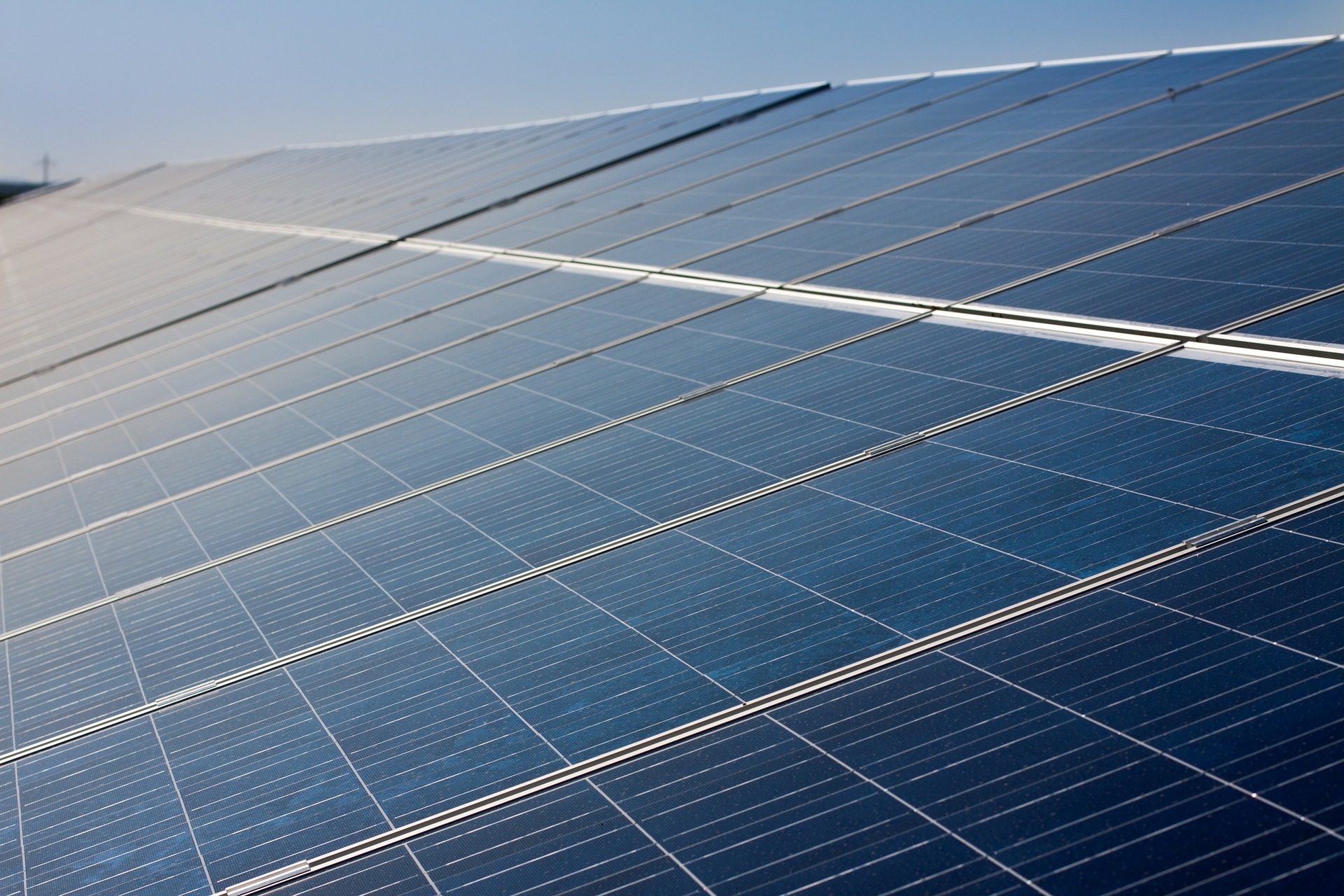
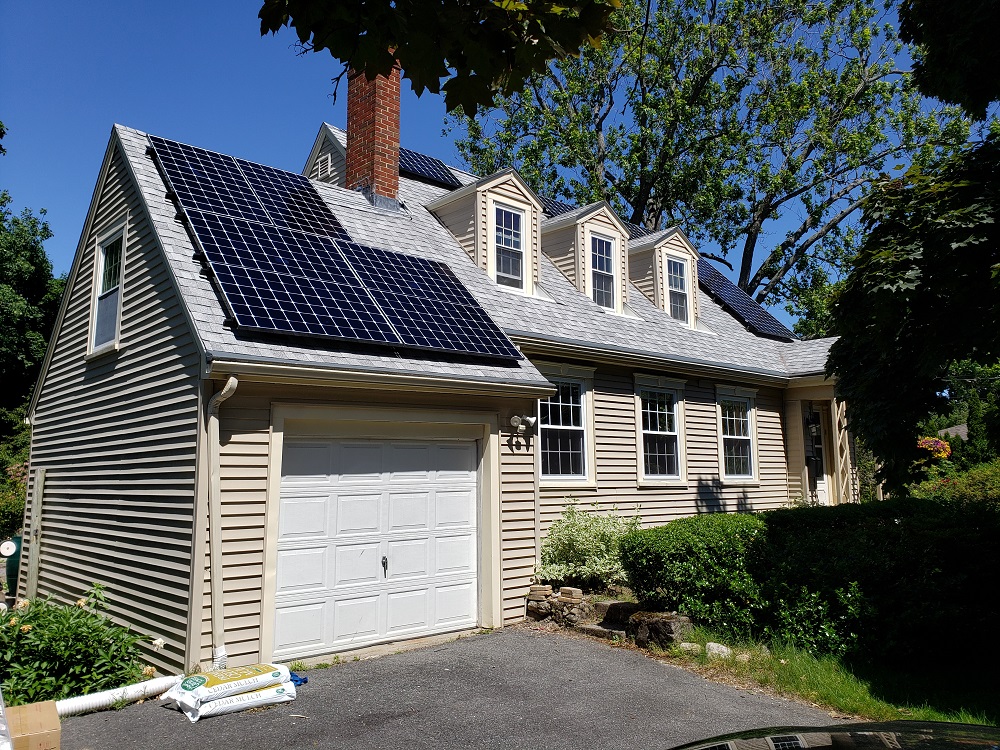
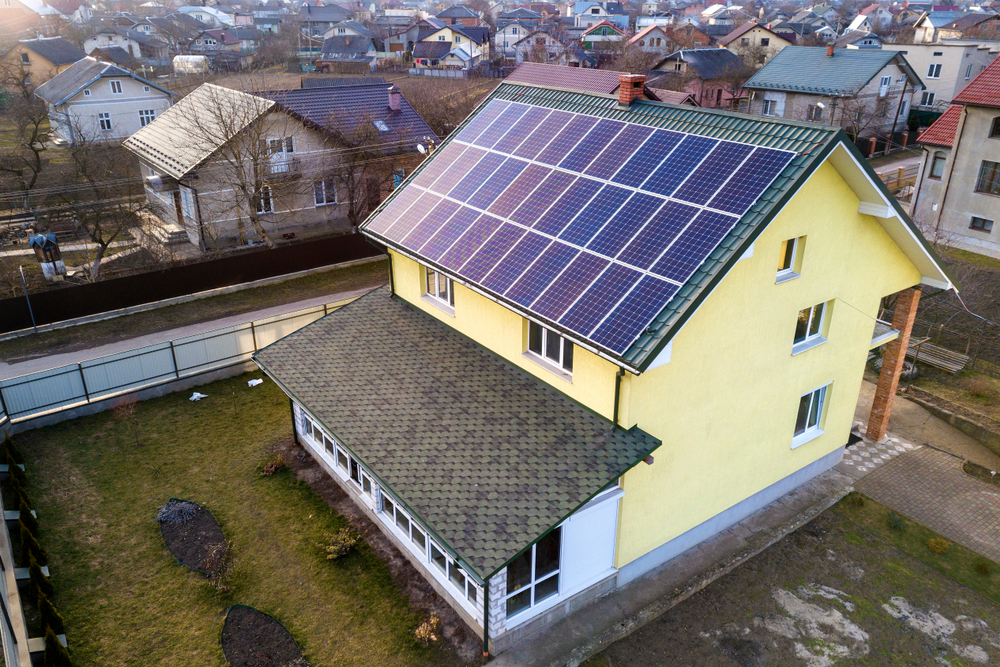
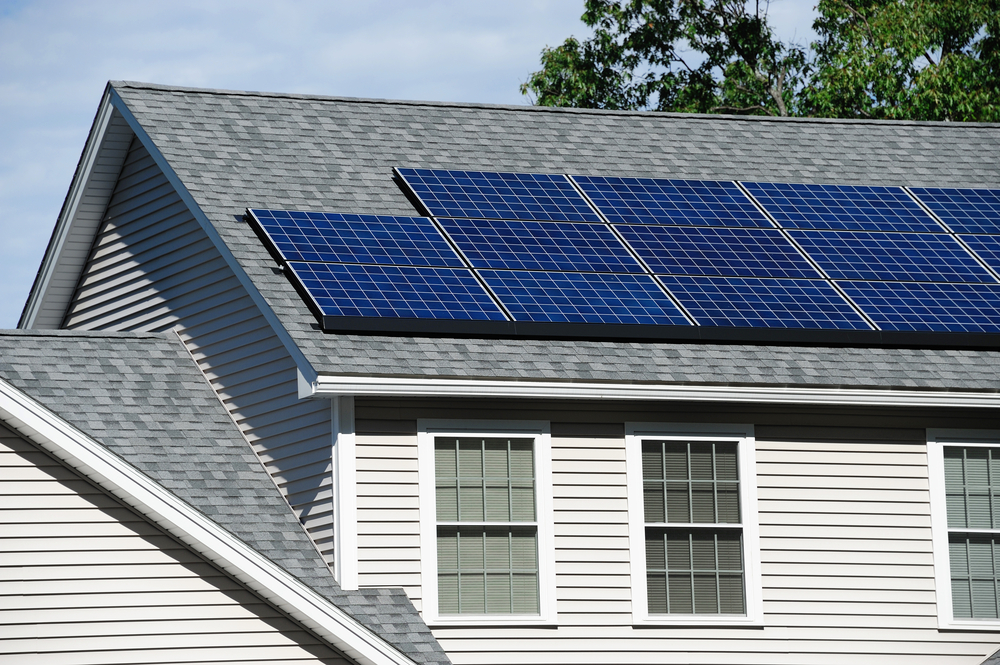

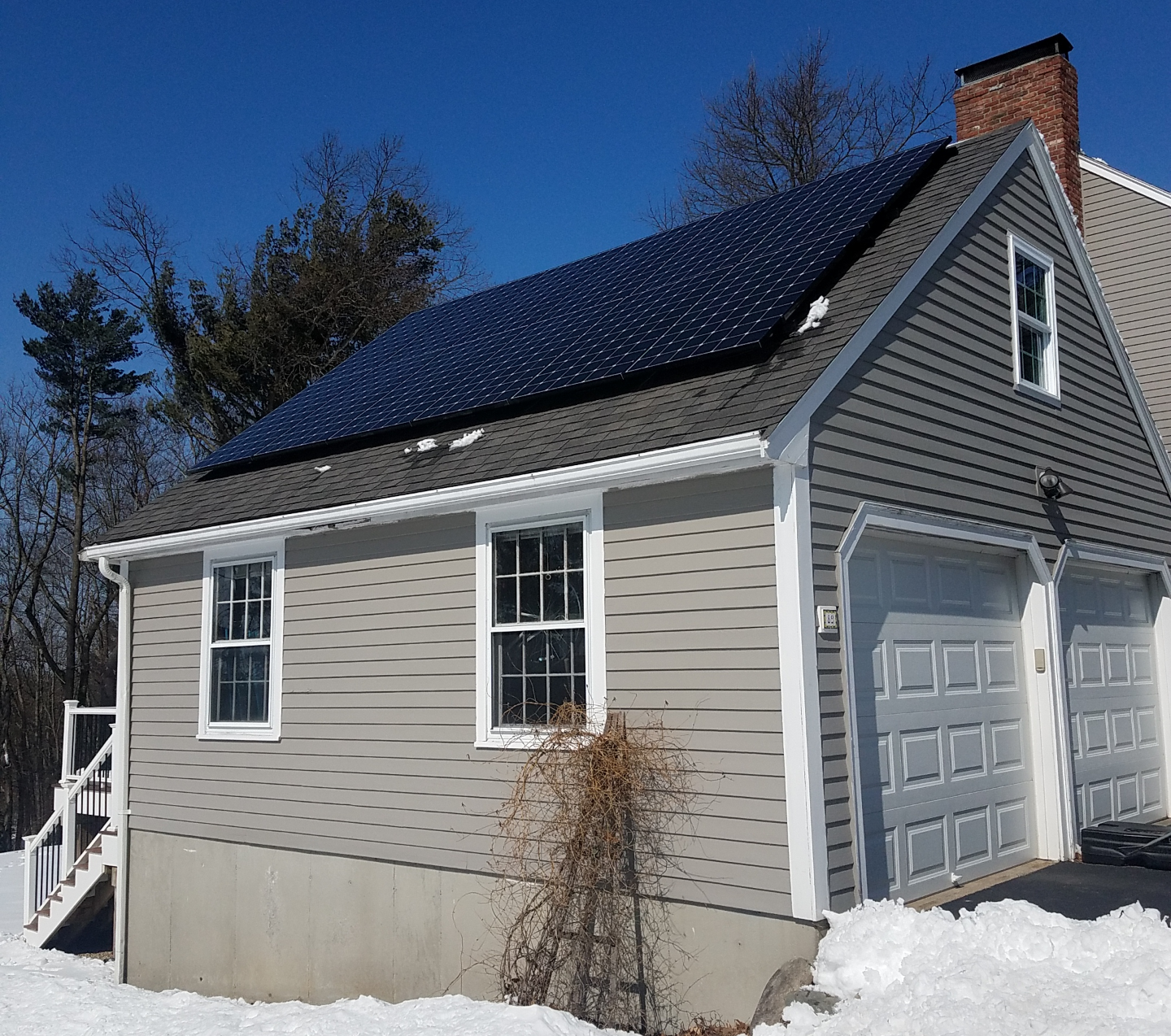



Sorry, the comment form is closed at this time.